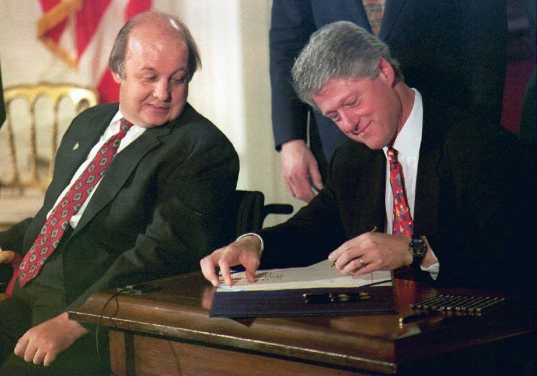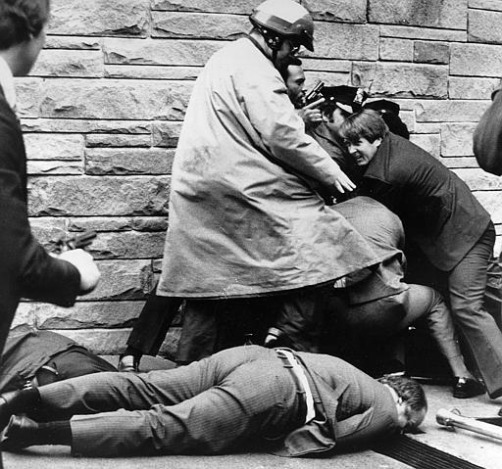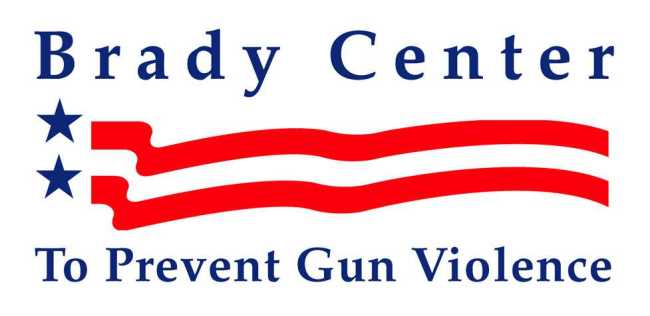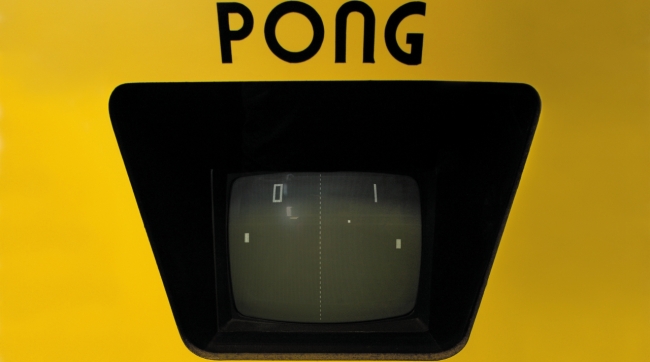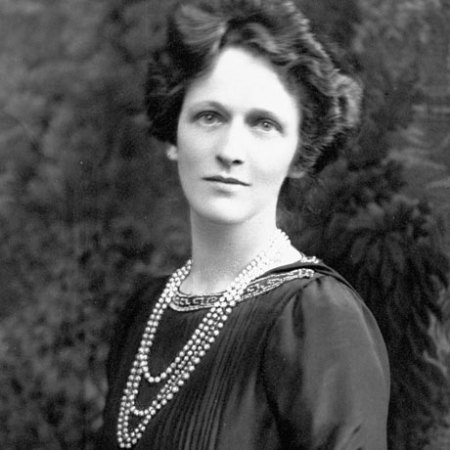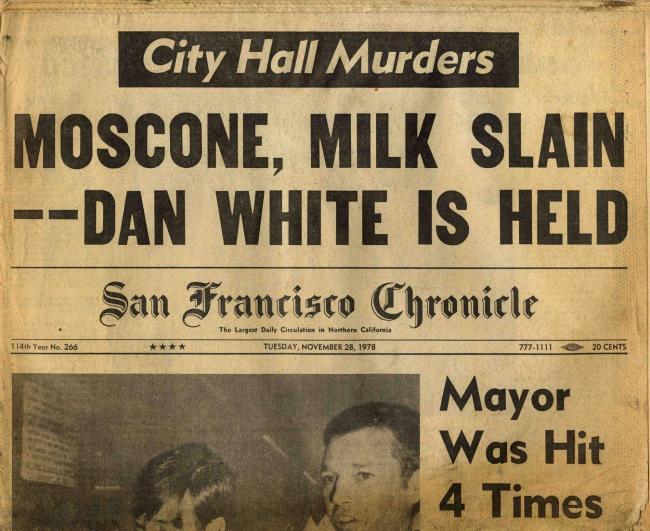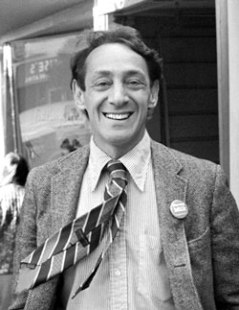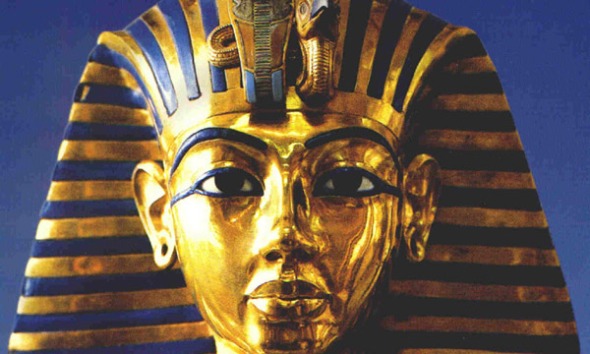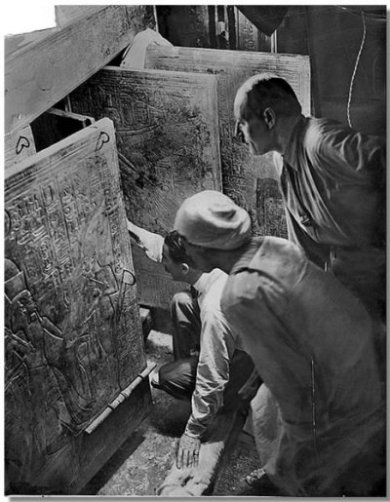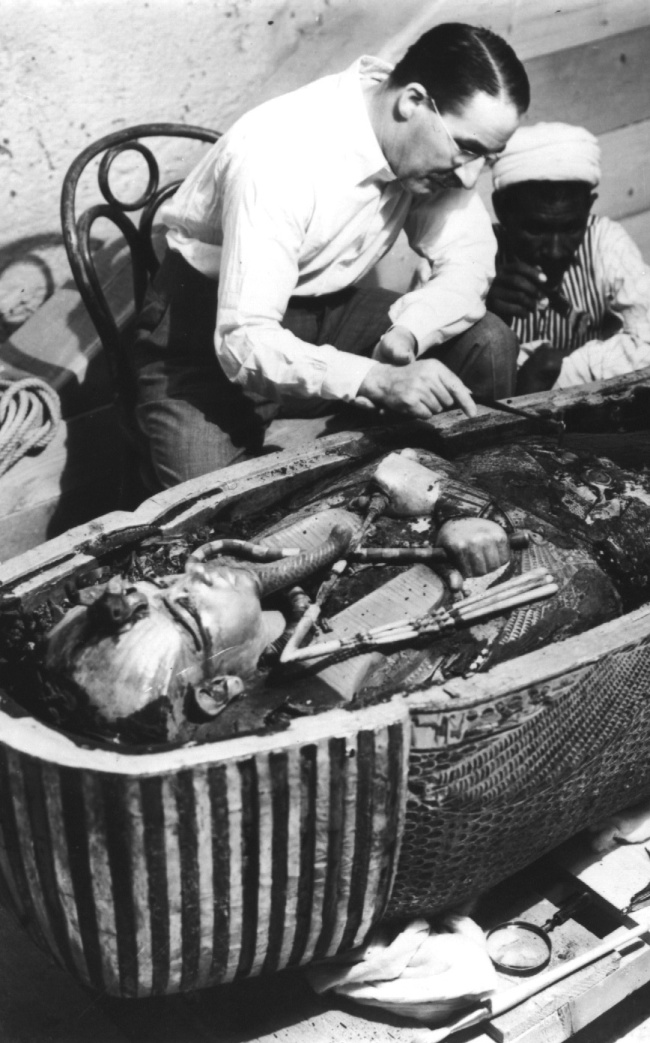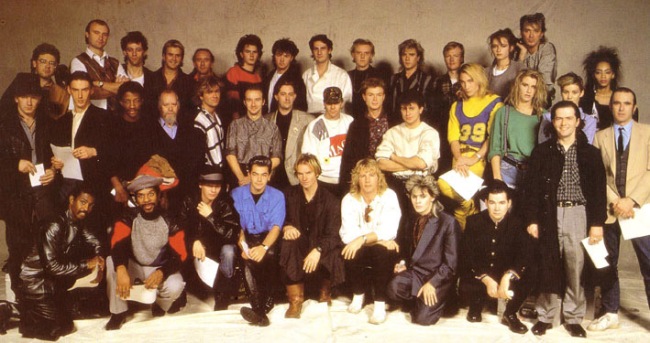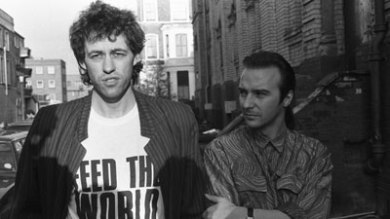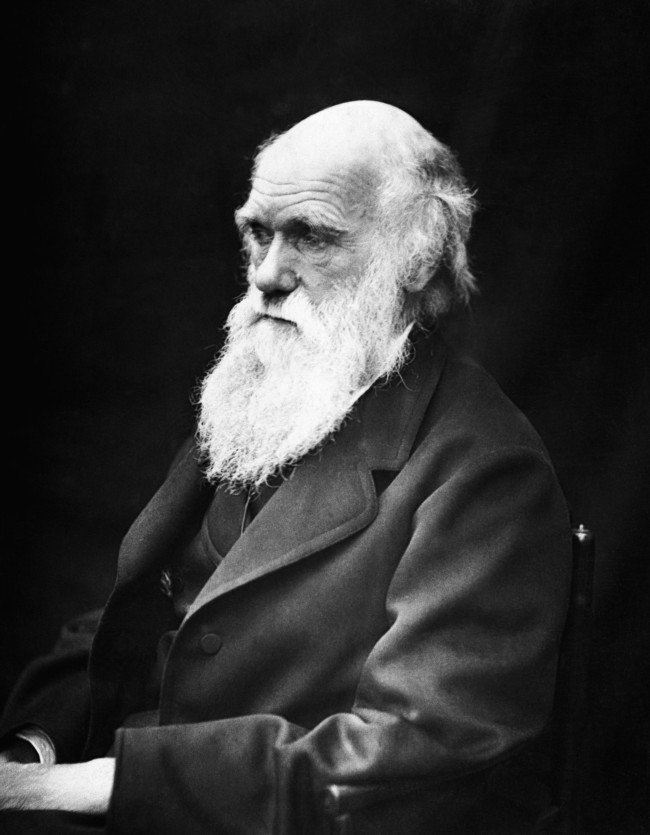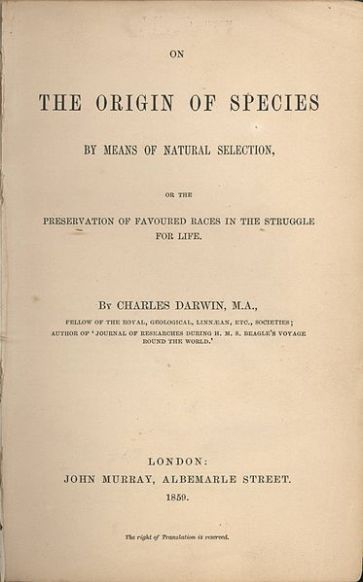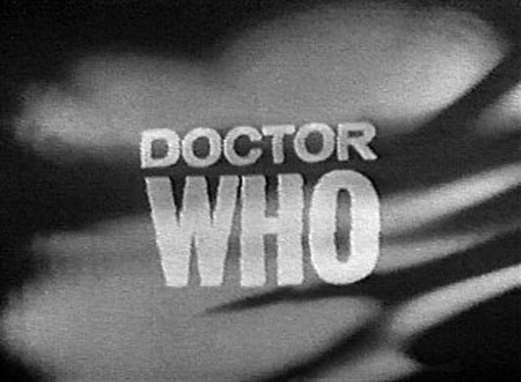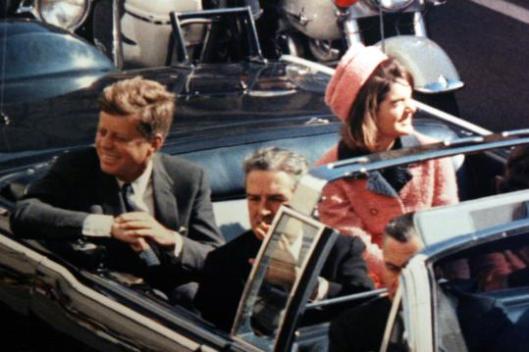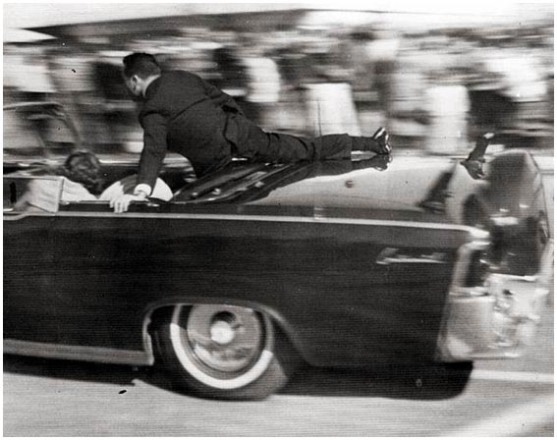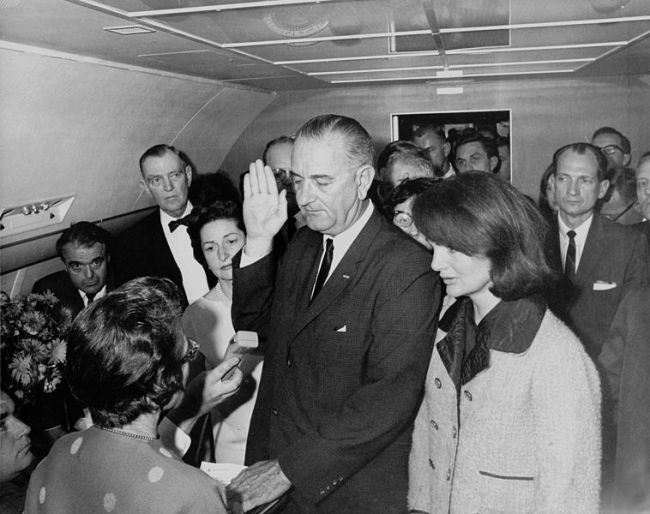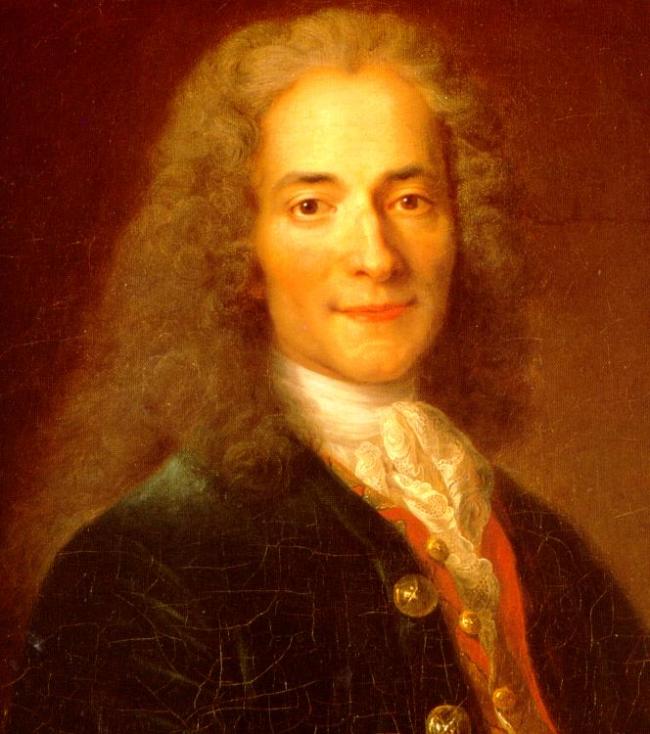On this day in 1993, US President Bill Clinton signed the Brady Handgun Violence Prevention Act (the Brady Bill) into law. The law provides for federal background checks on gun purchases. The bill, despite its limited scope, remains a centerpiece of American gun control legislation.
It was named for James Brady, Ronald Reagan’s Press Secretary who was shot by John Hinckley Jr in an attempted assassination of then President Reagan in 1981. Brady was paralyzed and he and his family became active members of the Brady Center to Prevent Gun Violence.
The Brady Bill was signed into law 20 years ago on this day, but today’s America remains in dire need of further gun control legislation. The Bill provides an important basis, but does not solve America’s gun problem. Too many people can still buy guns without a background check and sufficient waiting period, as seen all too painfully with recent shootings in Aurora, Colorado and Newtown, Connecticut. All too often innocent people are killed or left severely injured, just like James Brady, as a result of gun violence in the United States.
